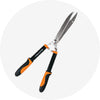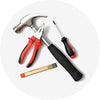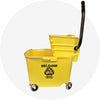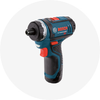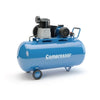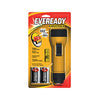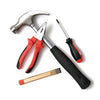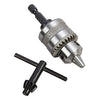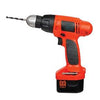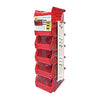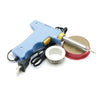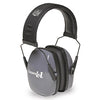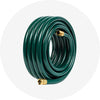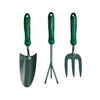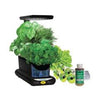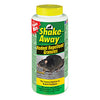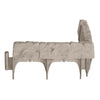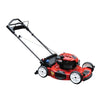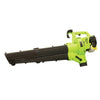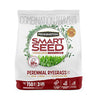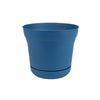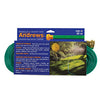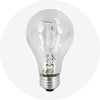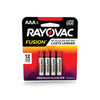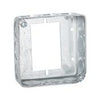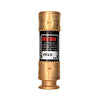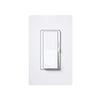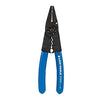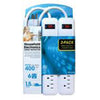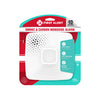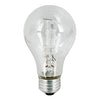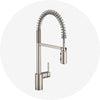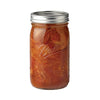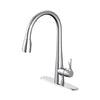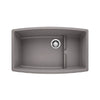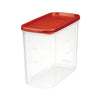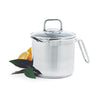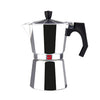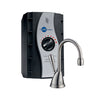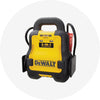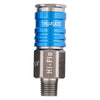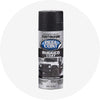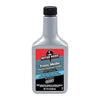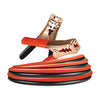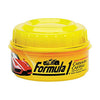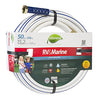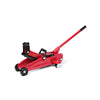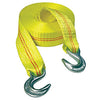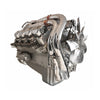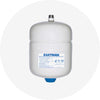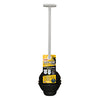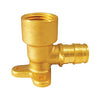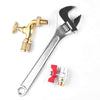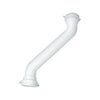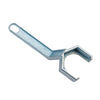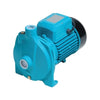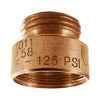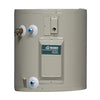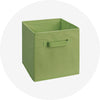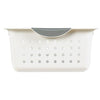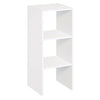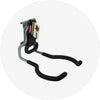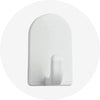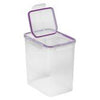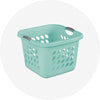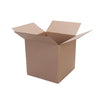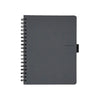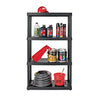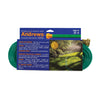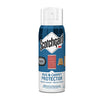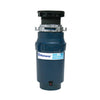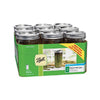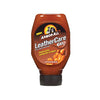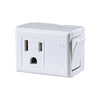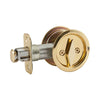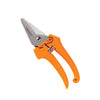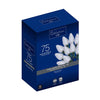The list of essential supplies for your small business
∙ min read

Starting a new business is an exciting venture filled with uncertainties, where every decision matters for long-term success. At Max Warehouse, we understand the importance of equipping entrepreneurs with the right tools to thrive in a competitive and ever-evolving market.
In this article, we delve into the world of essential supplies for small businesses, offering a guide to help you equip your company with everything necessary to operate efficiently, maintain productivity, and meet customers' demands. So, consider each of the following elements when compiling your business's supply list.
Whether you are taking your first steps as an entrepreneur or looking to optimize resources for your established company, this list will provide valuable insights to make strategic decisions about the essentials needed to drive your business's success.
Items that shouldn't be missed on a small business supply list
Proper planning can establish a solid foundation for success, although this also depends on your business. However, here's a general list of essential supplies you should consider for your small business:
- Basic office equipment: this includes furniture such as desks, ergonomic chairs, filing cabinets, printers, and photocopiers, as well as office supplies like pens, paper, pencils, staplers, and sticky notes.
- Organization supplies: examples include shelves, storage boxes, desk organizers, filing folders, and any other items necessary to keep documents and essential supplies organized and accessible. Additionally, decorations, such as plants and artwork, should be considered to create a pleasant and productive environment.
-
Technology and software: this category encompasses computers, printers, tablets, productivity software (such as Microsoft Office suites or free alternatives like Google Workspace), accounting software, project management software, and antivirus programs, among others.This category also includes communications, such as phones, high-speed internet service, business email, and video conferencing software for virtual meetings.
-
Marketing and branding materials: this refers to business cards, corporate stationery (envelopes, letterheads), brochures, and banners, as well as material for social media and other printed or digital marketing materials like websites and social media.
-
Maintenance supplies: cleaning products and utensils (brooms, cloths, vacuum cleaners), bathroom and kitchen supplies, and any other items necessary to keep the workplace clean and tidy.
-
Safety materials: fire extinguishers, first aid kits, safety signage, and any other equipment necessary to ensure the safety of employees and customers.
-
Kitchen and dining supplies: If your company has a kitchen or dining area, you'll need basic kitchen utensils and products such as plates, cutlery, cups, water filters, coffee, water, sugar, etc. You could also include microwaves, refrigerators, and coffee makers if necessary.
-
Industry-specific supplies: depending on your business type, you may need specific supplies related to your industry. For example, tools if you have a workshop, chemicals if you have a laboratory, etc.
This list is just a starting point and should vary according to your business's specific needs. You can start by listing the essential items for your business's basic operation. If you have collaborators, getting their input on items that could be prioritized to improve their work efficiency is useful.
Once you've prioritized your needs, create a plan to acquire supplies in order of importance. If necessary, consider financing options or payment plans that allow you to obtain critical supplies without compromising your cash flow. As your business evolves, it's essential to review its needs regularly. New needs may arise, or certain supplies may no longer be a priority.
Additional recommendations for selecting your business supplies
-
Research and compare suppliers for the best prices, quality, and service. This involves evaluating products and services, comparing prices, and contract terms.
-
Successful businesses are proactive in negotiating prices and terms with their suppliers. This may involve seeking volume discounts, negotiating favorable payment terms, or seeking flexible contract terms that suit the business's needs.
-
Prioritize quality and reliability of supplies over the lowest price, as the quality of supplies can significantly impact productivity, customer satisfaction, and the company's long-term reputation.
-
Manage your inventory carefully to minimize storage costs and avoid excesses or shortages of items.
By following these recommendations, small businesses can improve their operational efficiency, reduce costs, and ensure a supply of the necessary resources to operate and grow successfully.

Do you already have a trusted supplier?
With a wide range of high-quality products, competitive prices, and exceptional customer service, Max Warehouse is here to meet all your supply needs and help grow your business.
Whether you're looking for office equipment, cleaning supplies, maintenance equipment, or any other essential items for your business, Max Warehouse provides reliable and efficient solutions.
Discover Max Pro, a program designed to provide you with the best shopping experience possible, offering benefits such as:
-
Pro pricing applied at checkout & vendor negotiated discounts for large orders.
-
Personalized business shopping experience from start to finish with your account manager.
-
We allow your business to reduce shipping costs by utilizing space and resources more efficiently.
-
Qualified businesses that meet all the requirements can take advantage of tax exemption.
Explore Max Pro for efficientsolutions and insights
Sources:
- https://www.thehandmademastermind.com/office-essentials-list/
- https://www.checkli.com/checklists/viewro/5b506e1ea392a
